Since it’s been a while since our last workgroup-related post, we’ve put together a brief summary of each of Envision’s 3 main workgroups: Working with Local Governments, Engaging Disenfranchised Communities, and Agricultural BMPs - Breaking Barriers.
Read on to learn what each has been up to.
Working with Local Governments
Bringing together representatives from 8 local governments (counties and towns), various nonprofits, and state and federal agencies, the workgroup identifies barriers local governments face - related to environmental challenges - and proposes joint solutions. Thus far, the group has focused on providing technical assistance to local governments to take on restoration projects and strengthening local planning efforts. The group has identified the specific types of technical assistance needed and prioritized a set of restoration projects that will address significant stormwater flooding while providing measurable environmental benefits. Similarly, the group has identified the update processes for county and town comprehensive plans (required approximately every 10 years) as the ideal opportunity to integrate natural resource conservation/restoration and climate resilience across the spectrum of local government policies. Looking ahead, the group will work to assist those jurisdictions going through comprehensive plan updates, as appropriate; raise funds to provide the technical assistance needed for restoration; and support the completion of the design phase of the priority restoration projects identified.
Engaging Disenfranchised Communities
The Engaging Disenfranchised Communities workgroup shares resources and information across income levels and backgrounds to promote environmental equity. This workgroup focuses on the intersection of community and environmental interests for audiences who have not necessarily been reached in the past. These audiences include communities of color and low-income communities. The workgroup seeks to provide a comprehensive set of services to better address community-determined environmental needs and priorities. Through a Chesapeake Bay Trust Outreach and Restoration grant, the group is currently supporting three communities to identify natural resource concerns, determine solutions to address them, and develop community restoration plans. The group is also piloting the MyCoast app as a method for community residents to inventory and share locations of stormwater flooding in their communities.
Agricultural Best Management Practices (BMPs) - Breaking Barriers
The group works with farmers and partners to increase the implementation of high-efficiency practices (in terms of water quality improvements) with support from local governments and practitioners. Over the past several years, through a National Fish and Wildlife Foundation Innovative Nutrient and Sediment Reduction grant, the group has developed prioritization tools for each of the watershed’s 5 counties, developed incentive programs, and hired a Landowner Assistance Coordinator with the goal of implementing approximately 200 acres of priority best management practices (BMPs). As of September 2021, the workgroup is closing in on the goal and expecting to have installed 149 acres of BMPs that will treat 8,278 lbs of nitrogen, 172 lbs of phosphorus, and 130 tons of sediment a year. These BMPs include riparian buffers, wetlands, and drainage ditch management practices. As the grant comes to a close, the workgroup is exploring which elements to continue and what additional mechanisms to advance to support farmers, while improving the environmental sustainability of agriculture.




